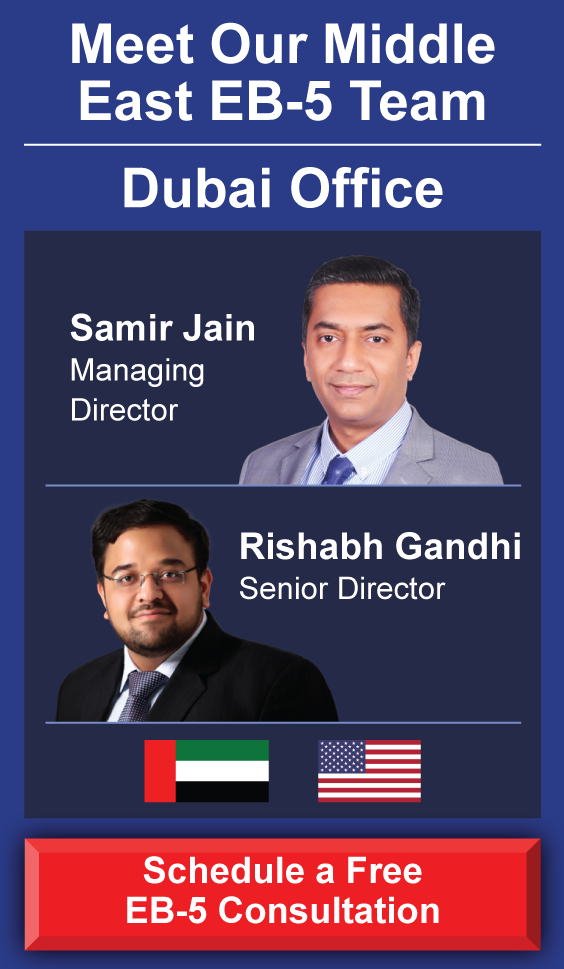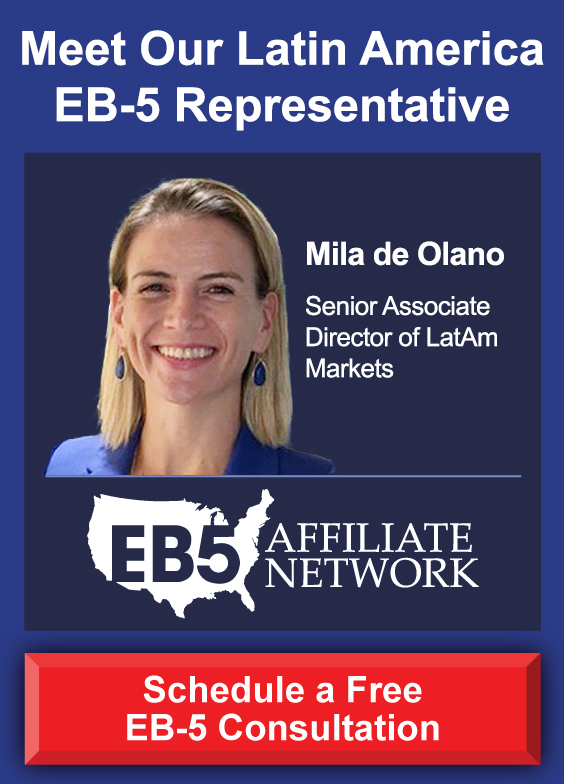An EB-5 project is often marketed to foreign investors through the use of intermediaries known as migration agents. As with any third-party service provider, foreign migration agents should be properly vetted. But because of how vital it is for EB-5 regional centers to abide by all relevant U.S. and foreign laws related to securities offerings and immigration, hiring a foreign migration agent also involves the following key considerations:
- Specific due diligence related to hiring foreign migration agents
- Precautions that should be taken when hiring foreign migration agents
- Foreign laws that effect the use of migration agents in EB-5 offerings
- SEC compliance concerns that arise when using foreign migration agents
Each of these issues is dealt with in detail below.
What specific due diligence considerations relate to hiring foreign migration agents?
Language – English may not be the primary language of a foreign migration agent. In such cases, a qualified interpreter should be engaged for all calls, meetings, and written correspondence. Additionally, in-person meetings and office visits/tours can help reduce miscommunication and misrepresentation.
Laws and Regulations – Each nation has its own laws and regulations, and so qualified legal counsel should be retained to examine any proposed agreement between a regional center and a foreign migration agent. To ensure compliance, foreign migration agents should provide proof that they have any required licenses or permits and that the services they offer comply with all relevant laws. Because the specific legal and regulatory requirements of various nations may not be easily determined, it is important to speak with experienced EB-5 professionals before hiring foreign migration agents in an unfamiliar market.
Documentation – While documenting due diligence is always important, one particular nuance in hiring foreign migration agents is the potential for certain documentation requirements based on the jurisdiction in which the agent operates. Legal counsel or an experienced EB-5 professional will likely need to be consulted to ensure compliance.
What precautions should be taken when hiring foreign migration agents?
Agreement translations – The primary language of a foreign migration agent must be a consideration when drafting an agreement to hire the agent. A bilingual format—in which the terms of the agreement are presented in English and then the foreign migration agent’s primary language—may be best, but any translated agreement should include some clause regarding which language controls if some conflict exists between the English and foreign-language version.
Marketing material approval – The agreement between a regional center and foreign migration agent should include details regarding the use of marketing materials related to the securities offering. The best practice related to marketing materials would be to require any foreign migration agent to use only those materials prepared by the securities issuer—or to require any other materials to be approved by the issuer, in writing, prior to use. Because the conduct of a foreign migration agent may be attributed to the issuer of the securities, the issuer may be held liable for any misconduct on the part of the agent. And so, how the foreign migration agent engages potential investors is of paramount importance.
Marketing translations – When marketing materials are translated, the language from which documents are translated should be clearly indicated on each translated version of the document. Foreign migration agents should not be tasked with translating marketing materials—this responsibility should be delegated to a qualified translator selected by the regional center.
Agreement jurisdiction – Any agreement between an EB-5 regional center and a foreign migration agent should include clauses related to choice of law, jurisdiction, venue, and enforceability.
How might foreign laws effect the use of migration agents in EB-5 offerings?
In addition to abiding by all U.S. laws, EB-5 regional centers engaged in marketing their securities through foreign migration agents must be careful to comply with all applicable foreign laws as well.
In some nations, certain activities surrounding the EB-5 Program may require licenses or permits. For example, in China—where the majority of EB-5 investors originate—providing “immigration consulting” requires an Exit and Entry Service Agent Business Permit. So, for Chinese migration agents, a separate license must be obtained from the appropriate municipal or provincial authorities for each jurisdiction and for each foreign market (e.g., the U.S. in the case of agents marketing to potential EB-5 investors).
If a foreign migration agent is required by the laws of his or her country to obtain one or more specific licenses to conduct solicitation activities on behalf of a U.S. securities issuer, the onus is on the securities issuer to ensure the migration agent actually has the necessary licenses. The securities issuer should also obtain copies of these licenses and confirm that these licenses are renewed as necessary.
What SEC compliance issues arise when using foreign migration agents?
Working with foreign migration agents can create compliance issues for EB-5 regional centers, and so any regional center who engages a foreign migration agent should consult appropriate legal counsel to ensure total compliance with relevant securities laws.
When foreign migration agents conduct activities related to U.S. securities offerings outside the U.S., the SEC does not require broker-dealer registration. Some foreign migration agents, however, engage in some activities in the U.S., and the SEC has not definitively addressed what level of activity related to the sale of U.S. securities by foreign migration agents operating within the U.S. is permissible without requiring broker-dealer registration.
Despite the lack of clearly defined parameters for foreign migration agents operating in the U.S., some informal statements have suggested that the SEC approaches such activities on the basis of territory. If the foreign migration agent is physically within U.S. territory—even if his or her activities involve foreign investors outside the U.S.—registration is necessary. Again, this is not the formal, official position of the SEC, but with nothing more definitive, the best practice is to err on the side of caution.
Securities offerings are highly regulated, both in the U.S. and abroad. Any failure on the part of an EB-5 regional center to fully comply with all relevant laws and regulations can have severe effects on an EB-5 project and all subscribed EB-5 investors. And since what foreign migration agents do and say can be attributed to the securities issuers for whom they work, it is vital that regional centers consult experienced U.S. securities counsel and EB-5 professionals as appropriate to avoid any exposure to SEC enforcement actions or other claims.
In order to help ensure the conduct of foreign migration agents is lawful, regional centers should carefully explain—with the guidance of counsel, as necessary—what agents should and should not say to potential investors. Regional centers should emphatically express to foreign migration agents that under no circumstances are they to make claims about the offering that are not consistent with the approved written offering materials. Claims that are inconsistent with the actual offering are problematic because it is illegal to make untrue or misleading statements in connection with securities offerings—and again, regional centers are accountable for what their foreign migration agents do and say.











